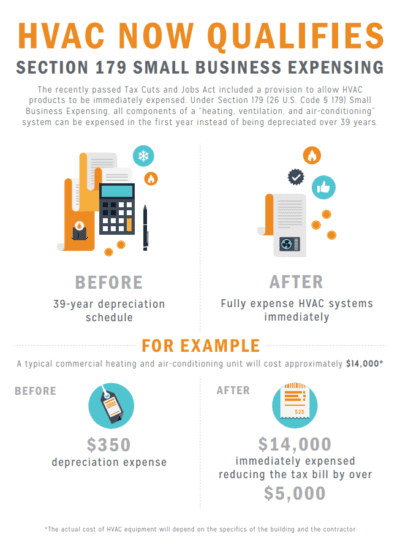Heatpump Vs Furnace - Which Is The Better Heating Option For Your Home?
Heatpump Vs Furnace - Which Is The Better Heating Option For Your Home?
Blog Article
Created By-Pearson Mosegaard
Many house owners know with heaters, which heat homes with oil or gas and press hot air with ductwork. They are relatively cost-effective and can give reliable heating even during a winter season power outage.
Nevertheless, they use fossil fuels and create carbon monoxide and other air pollution. They also aren't as energy-efficient as a high-efficiency heat pump.
Cost
Usually, heatpump are much more inexpensive to operate than heating systems. They generally utilize power and cooling agent to remove warmth from exterior air, and after that move it into your home. You can make the most of more affordable electrical power prices during off-peak hours to even more reduce your heating prices.
Unlike heat pumps, gas or wood-burning heating systems utilize burning to create warmth, producing flue gases right into the atmosphere that can be damaging to your wellness. These furnaces are also much less energy-efficient than heatpump, and their higher operating costs can add up in time.
Heaters are a lot more complicated than heat pumps and require routine upkeep to guarantee the appropriate function of all components. Despite this, they tend to last longer than heat pumps with a typical life expectancy of two decades or even more. Nonetheless, you'll require to consider the cost of gas, gas oil or wood and the extra equipment needed for installment and operation such as air ducts and ventilation systems.
Energy Efficiency
Heatpump have a higher power effectiveness score than heaters. These systems utilize power to scavenge warm from the air, even in freezing temperature levels. They can additionally remove excess warmth from the home throughout warmer months and recycle it to cool the system. heat pump installed can aid you figure out the very best model for your home on climate and source power prices.
Heating systems melt gas oil, lp, gas or other types of nonrenewable fuel source to heat up the air in the home. This air is then spread with ductwork making use of a large fan. Heating systems create greenhouse gases and require regular upkeep and devices upgrades to make sure secure operation.
The greatest advantage of a furnace is that it can be run even in rough winter months conditions because it does not count on outdoor temperatures to heat the air. Heaters additionally have a longer lifespan than heat pumps and usually last 15 years. They can also be paired with double gas choices, which pick the most reliable heating alternative based on the weather.
air conditioner mitsubishi installation in moderate environments and make use of less source energy than heating systems. Nonetheless, if your area is exceptionally cool, you may require to invest in a typical gas heater rather.
Furnaces give warm, comfortable warmth and typically provide rapid home heating to increase indoor temperatures. These systems can be utilized with a range of fuel types, consisting of natural gas, propane, oil or electrical power.
They take in a lot more power than heat pumps-- up to 3x as much-- and call for ductwork that's expensive to set up or retrofit. They're additionally extra expensive to preserve, as they can trigger air quality concerns and create greenhouse gas discharges.
If you're devoted to lowering your carbon footprint, a heatpump is a great selection for your home. They have less greenhouse gas exhausts than furnaces, particularly if you select an ENERGY STAR ® heatpump. Your neighborhood Carrier specialist can describe the differences in between these 2 heating systems and help you make the very best decision for your special demands.
Individual Preferences
Heaters can be extremely energy effective when powered by natural gas, propane or oil, however they aren't as energy effective as heat pumps in icy environments. They can likewise be extra pricey to install, requiring gas lines and air flow systems.
Nevertheless, https://www.washingtonpost.com/lifestyle/home/aside-from-waiters-and-cabdrivers-whom-should-you-tip/2018/02/26/37e3528c-1723-11e8-8b08-027a6ccb38eb_story.html tend to require much less maintenance, which can lead to reduced continuous expenses. They create less greenhouse gases and are much more trustworthy than heatpump throughout extreme weather condition.
Electric heat pumps are extra functional in creating interior comfort because they can likewise function as ac system during warmer months. They can be easier to preserve, requiring only routine air filter modifications and occasional vacuuming.
If you prefer the convenience of a solitary system that does it all, take into consideration a hybrid heating remedy that pairs a heater with an electric heat pump. These systems can immediately switch over between both home heating alternatives based on your home's demands and temperature problems, making best use of performance and financial savings.